Blackberry plants may spread like weeds once planted. The finest kinds take some planning and preparation to get started, but dedicated gardeners will find that the work is well worth it when harvest time arrives. Nothing quite matches the sweet, juicy taste of fresh blackberries. Here is the detailed answer to how to grow blackberry plants successfully at home.
Blackberries are best grown in areas with cool or cold winters. Planting them from seed is possible, but for a quicker harvest, most people plant bare-root plants. In the coldest regions, upright, stiff-caned varieties can be grown. In areas with warmer winters, trailing types do best.

Like raspberries, blackberries are a simple fruit to cultivate. Prepare for a plentiful harvest as this natural fruit ripens, harvesting every couple of days! Here’s how to cultivate blackberries in your own garden and harvest them.
Blackberries are divided into three categories:
- Erect thorny blackberries
- Trailing thornless blackberries
- Erect thornless blackberries
Erect blackberries are self-supporting plants, while trailing blackberries have long canes that trellises must support.
How To Grow Blackberry Plants Successfully
The roots of all blackberries are perennial, meaning they live year after year. The top of the plant above the surface, however, is referred to as a biennial. This implies the canes will grow vegetatively for a year, then produce fruit the following year before dying.
Every year, the plant, however, puts up new canes to replace those that have perished! Pruning is necessary for a good fruit harvest and to prevent a wild plant.
Follow these simple tips to grow blackberries successfully.
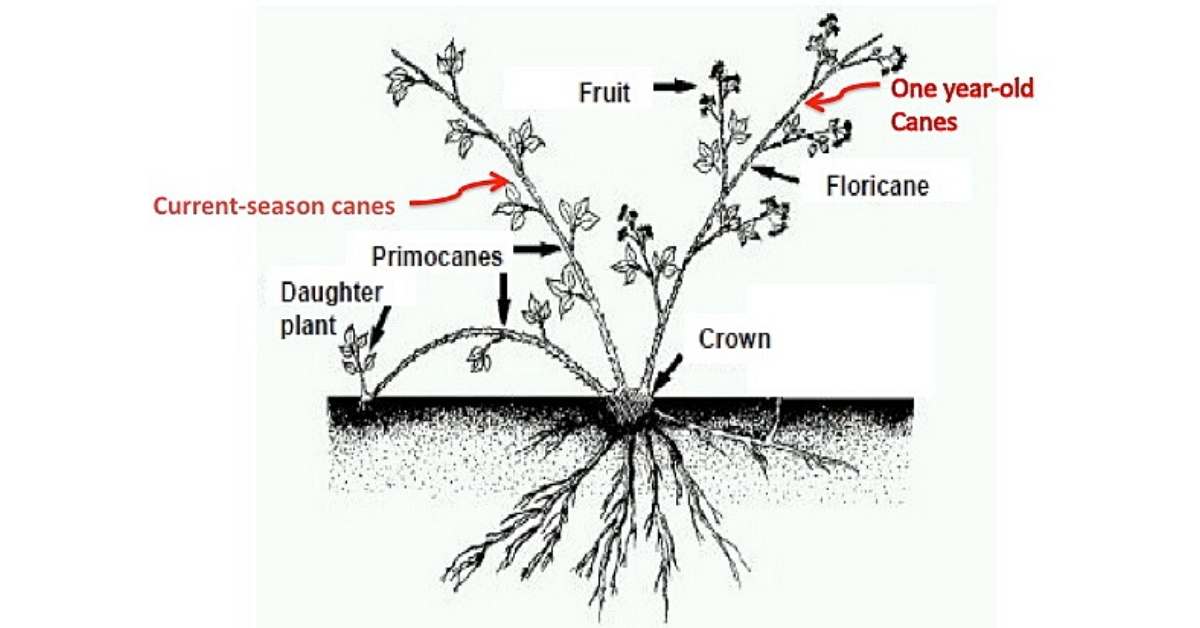
Blackberry Soil Preparation
All blackberries require deep, well-drained soil, full sun, and ample water throughout the growing season. Avoid sites where the soil remains wet late into the fall. Compost should be worked intensely into the soil before planting, as the plants grow best in soil rich with organic matter. Several days before planting, a balanced fertilizer should be worked into the soil as well.
- Blackberries prefer neutral or slightly acidic soil, with a pH of 7.0 or below. A soil’s pH can be easily determined with an inexpensive test kit available at most garden centers.
- If the soil is alkaline, above 7.0 on the pH scale, common sulfur, ferrous sulfate, or aluminum sulfate can be used to raise the acidity.
However, regularly applied organic soil amendments, such as manure and compost, will lower the pH over time. If the soil is too acidic, ground limestone will raise the pH.
What is the best time to plant blackberries?
Plant blackberry plants at the first sign of spring, when the soil has warmed and mild temperatures. Since the plants grow from the base of the crown, some type of physical support is needed to keep them from sprawling.
The easiest way to cultivate trailing varieties is to use a trellis. Upright varieties benefit from support as well. Set plants 3-6.5 Feet (1 to 2 meters) apart with a 1,5-2 feet / 1½- meter trellis or post next to each plant.
For upright varieties, run a wire along the top of the posts and train the branches along the wire. Bare-root plants will take 2 to 4 weeks for the roots to become established.
Pruning Blackberries
While the roots of blackberries are perennial, the canes are biennial, appearing and growing one year, flowering and bearing fruit the next. Only 1-year-old canes should be trained on the trellis or wire. All the canes that fruited the previous season should be pruned back to the crown of the plant.
Prune canes of the current season growing on the trellis to 1 to 2½ meters. Thin out all but 12 to 16 sturdy canes. These canes will produce side branches, called laterals, during the remainder of the growing season. Cut the side branches back to 12 inches (30 centimeters), or about 12 buds, in the early spring. With new spring growth, small branches will grow from the side branches. These will be the branches that bear fruit.
Deadwooding
The canes that produced fruit this year will all die once the fruiting season is finished. By that time, the hedge has filled up with new canes, and your row has been completely regenerated. Then comes the “dead wooding” part of the pruning process. We cut the old wood that has just stopped producing fruit at the ground using pruners, remove it out of the row, and carry it to the fire pile. For disease management, it is suggested that this deadwood be burned.
Care of Blackberry Plants
Covering the soil around the crown of the plants with a rich, organic mulch will help keep the plants free of diseases and pests and help control weeds. Blackberries can quickly become invasive if left unattended. Remove suckers whenever they appear.
Plants should be fertilized with a commercial fertilizer several times each year. In the coldest areas, plants should be fed when the plant blossoms. In warmer regions, the plants will do better with periodic feeding. Feed once when new growth begins, again in mid-spring and a third time in the middle of the summer.
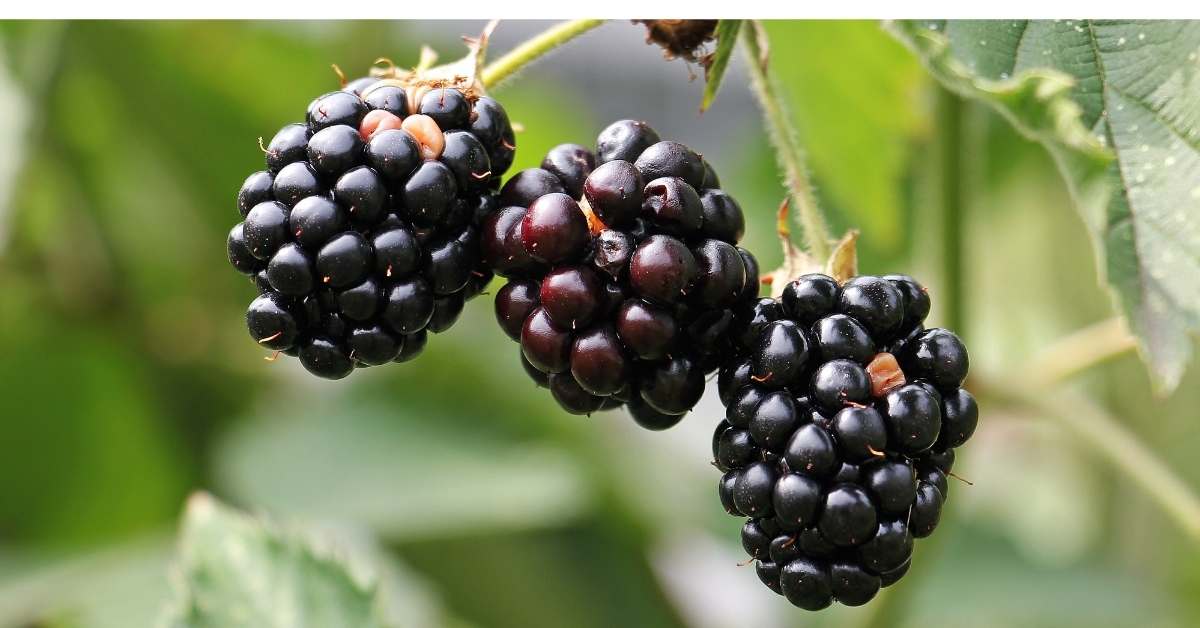
Common Blackberry Pests and Diseases
Red-berry mites, spider mites, and whitefly are sometimes a problem with blackberry plants. To control mites, apply a dormant spray containing lime sulfur in winter and again as buds are about to bloom.
Plants started from the bare root can be expected to produce fruit the third year after planting. While the canes bloom biennially, by properly pruning older canes each season, plants will produce a bountiful harvest each year.
Where do blackberries grow best?
All blackberries thrive in full sun, and nearly all cultivars are self-fruitful, which means you only need to plant one. Five or six plants, on average, will yield enough berries for a household of four. Each bloom will produce a delicious, juicy blackberry.
What fertilizer is best for blackberry plants?
Around the base of each blackberry, apply a complete fertilizer, such as 10-10-10, in the quantity of 5 pounds (2.2 kg) per 100 feet (30 m) or 3-4 ounces (85-113 gr.). Fertilize your blackberries using a whole 10-10-10 food or compost, manure, or similar organic fertilizer.
Do Blackberries like coffee grounds?
They point out that coffee grinds are extremely acidic and should be saved for acid-loving plants like azaleas and blueberries. If you already have nitrogen-rich soil, adding coffee grinds to the mix may prevent your fruits and flowers from developing correctly.
What can you not plant with blackberries?
Blackberries should not be grown in the soil where tomatoes, potatoes, eggplant, peppers, strawberries, or any other berry bush or bramble have previously been produced.
Image credit: piedmontmastergardeners.org
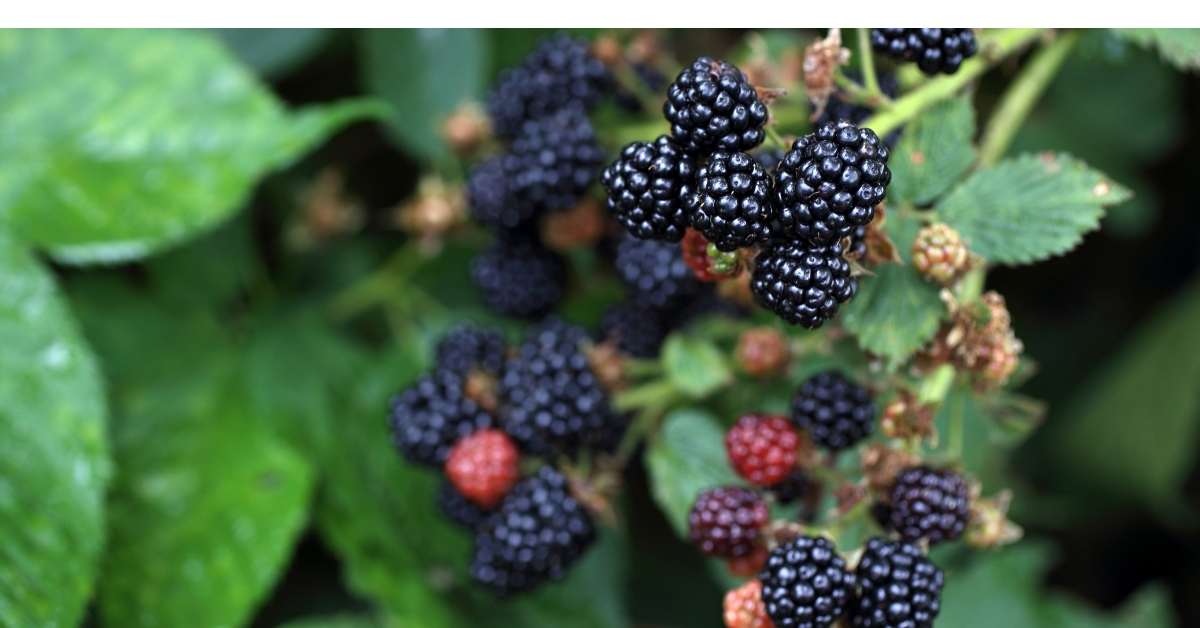
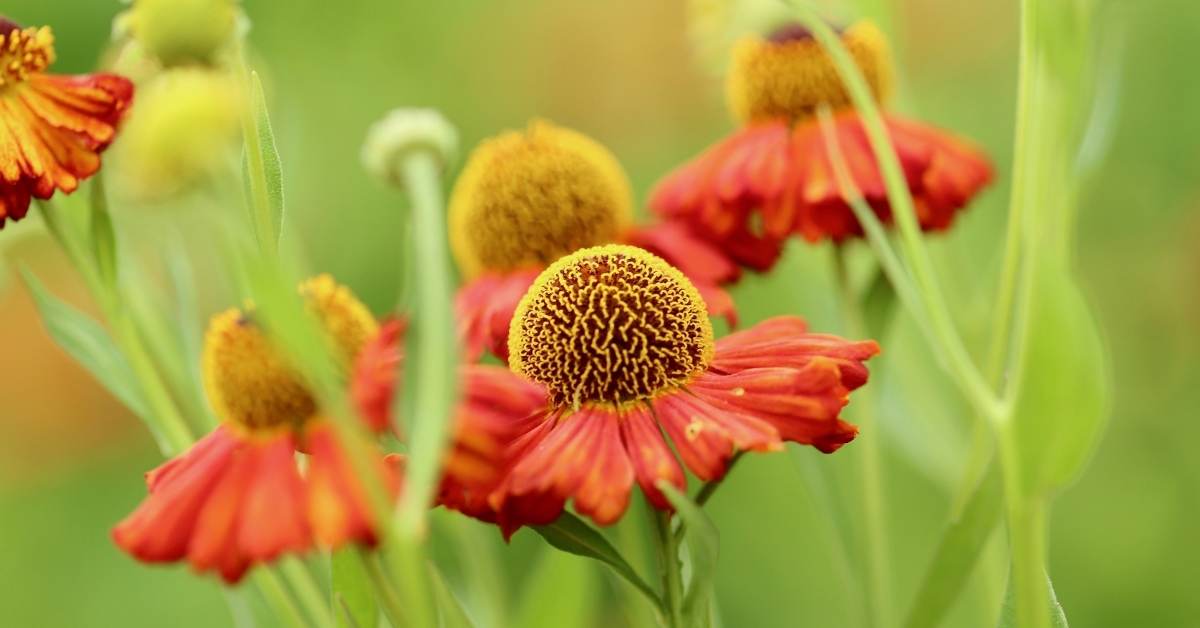
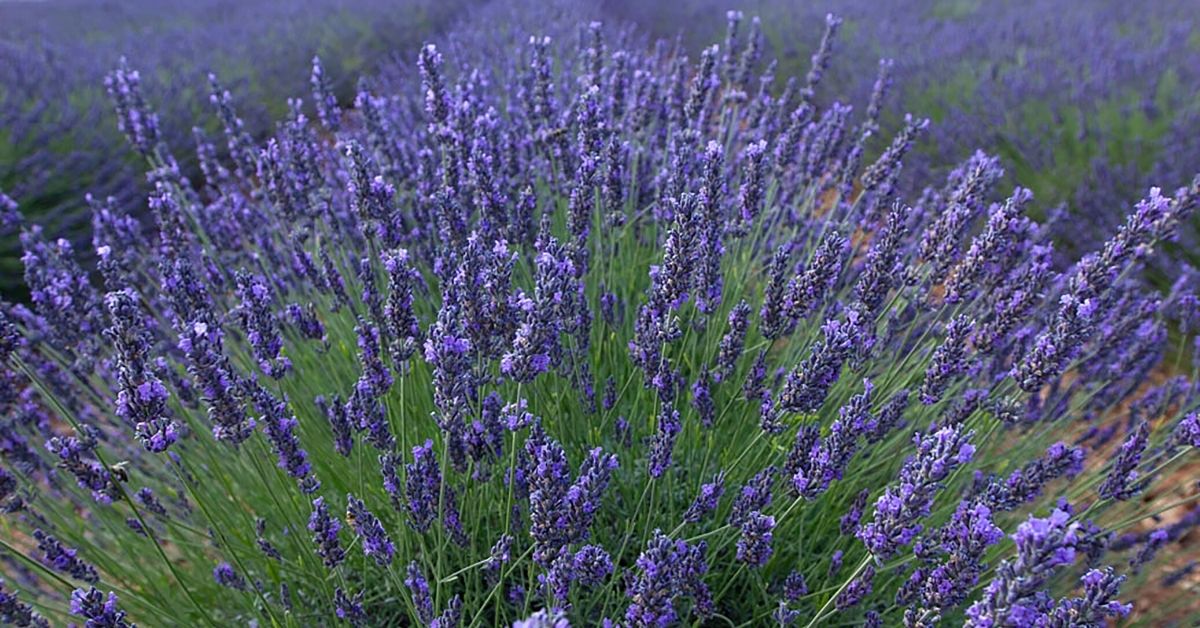
How much room do you need to start a small blackberry patch?
I would suggest using the decent space in your lawn/garden for other fruits and veggies and using a corner of the house or other awkward space for your bush plants, granted that you have full sun. It has to be a permanent place so be careful where you plant.
This is awesome! I want to plant some blackberries next year on our back fence. One of the houses that I lived in when I was a kid had blackberries in the backyard and I remember eating them for hours! Fresh blackberries really are the best! Great explanation on how to plan and plant some!
I have always wanted to grow a blackberry bush but have always been worried about it overtaking the rest of my garden. I also am wondering how much room you need to start one or more? The taste of a fresh right off the vine blackberry is better than any store boughten black berry you’ll ever taste and to think you grew them all yourself will make them taste even better! What time of year would you normally plant one as well?
We are looking forward to adding some blackberries to our garden. We’ve spent a considerable amount of time amending the soil and making sure it’s ideal for planting. This is where all of our left over coffee grounds have gone…
WOW thank you so much for the great info. my father always had the green thumb, but after passing i’ve tride carrying on the tradition. i have to say black berries is one of my most favorites but for some odd reason i’ve never tride growing them. i think maybe because i quit drinking and i’m affriad i’ll want to make wine LOL